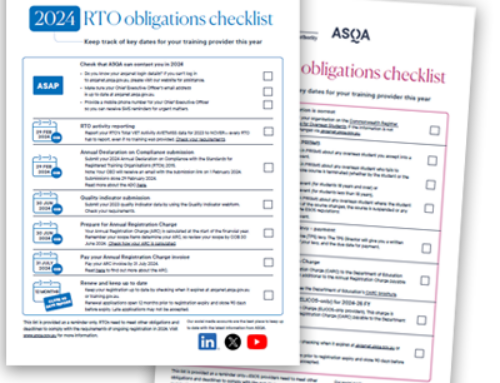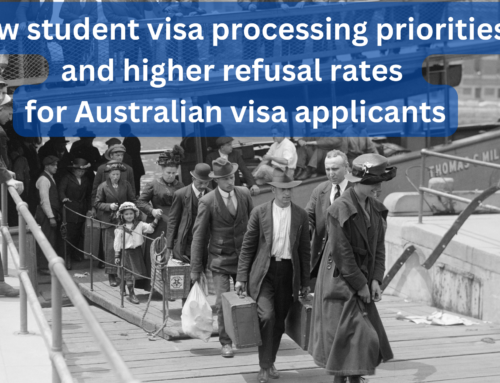The migration review was released by Home Affairs Minister Claire O’Neill on 27 April 2023. This review has at least 38 major recommendations. As the Home affairs minister Claire O’Neill said: “we need to make a big switch in our thinking from the passivity that drives the system today to active engagement with the people we think can help build our country’s future we and under this proposal we would go out into the world and find the migrants that Australia needs and talk to them about joining us in our national Journey”.
Upcoming changes on 1 July 2023:
-
- New Zealand will get easier access to Australian citizenship. New Zealanders who have been on the 444 temporary residency program in Australia for four years are eligible to apply directly for citizenship.
- The TSMIT will increase to $70,000, which may come as a huge shock to some employers. Any applications submitted after 1 July 2023 that are not decided upon will be subject to this increase.
- All 482 (including medium- to short-term) visa holders will have access to permanent residency.
- Student visa work restrictions will be re-introduced and capped at an increased rate of 48 hours per fortnight.
- Re-introduce six months of work for one employer for Working Holiday Visas.
Changes under review:
- Temporary workers
- Recommendation to make it simpler for employers to be able to sponsor workers by allowing temporary migrant workers to leave their current job and find another one within the same industry, giving them six months to do so instead of the customary two months.
- Employer fees for sponsorship approval are to be paid in instalments rather than all at once.
- International Students
- Raising the requirements for student visas is to ensure that they have a higher chance of employment at the end of their courses.
- Replace the GTE requirements for student visa applications with a new genuine student test.
- Ensure that students are coming to study and not work (one of the recommendations is closer monitoring of temporary workers through the TFN tax system and the single touch payroll).
- Require 485 and student visa applicants to demonstrate a higher English level (most likely competent English).
- The points system to gain permanent residency will change, which may adversely affect many international students.
- Provide the 485 graduate visa automatically upon course completion. The visa length will vary depending on the courses studied and the type of occupation.
- Other visas
- Consideration of limiting working holiday visas to one year only.
- Expansion of the Global Talent Visa (the government will send out public servants looking for exceptional talents). Let’s wait and see how this plays out.
As a whole, this shift will lead to more stringent scrutiny of student visa applications while benefiting temporary workers. Additionally, it is advised that rather than relying on permanent migration caps, the migration program should be based on a net overseas migration figure that takes into account both temporary and permanent residency. This will result in caps on temporary working visas. We will just have to see what the future holds for us at this point.




